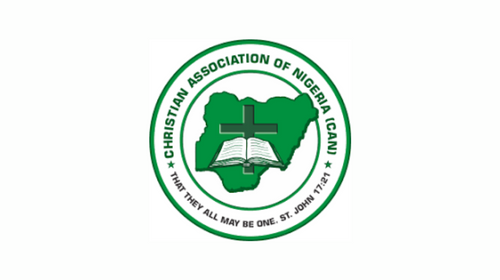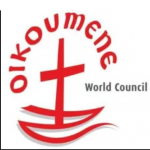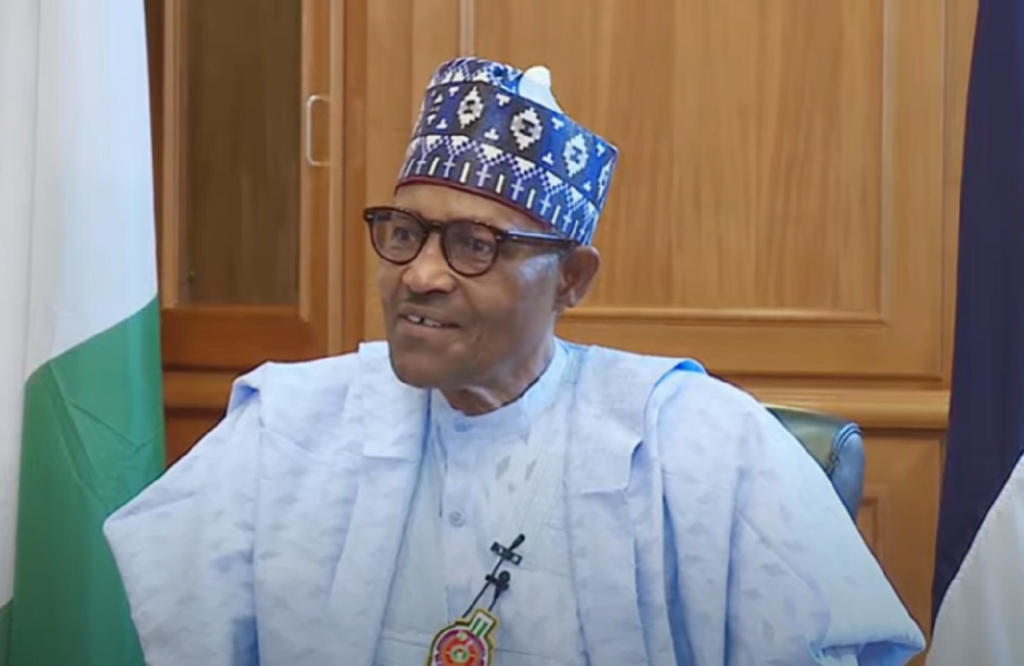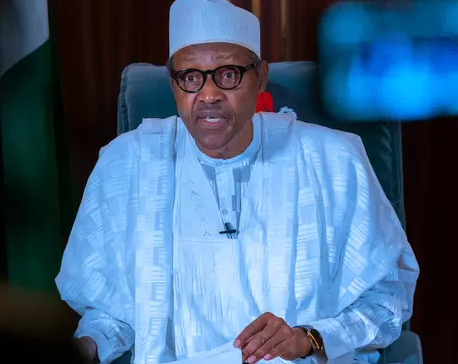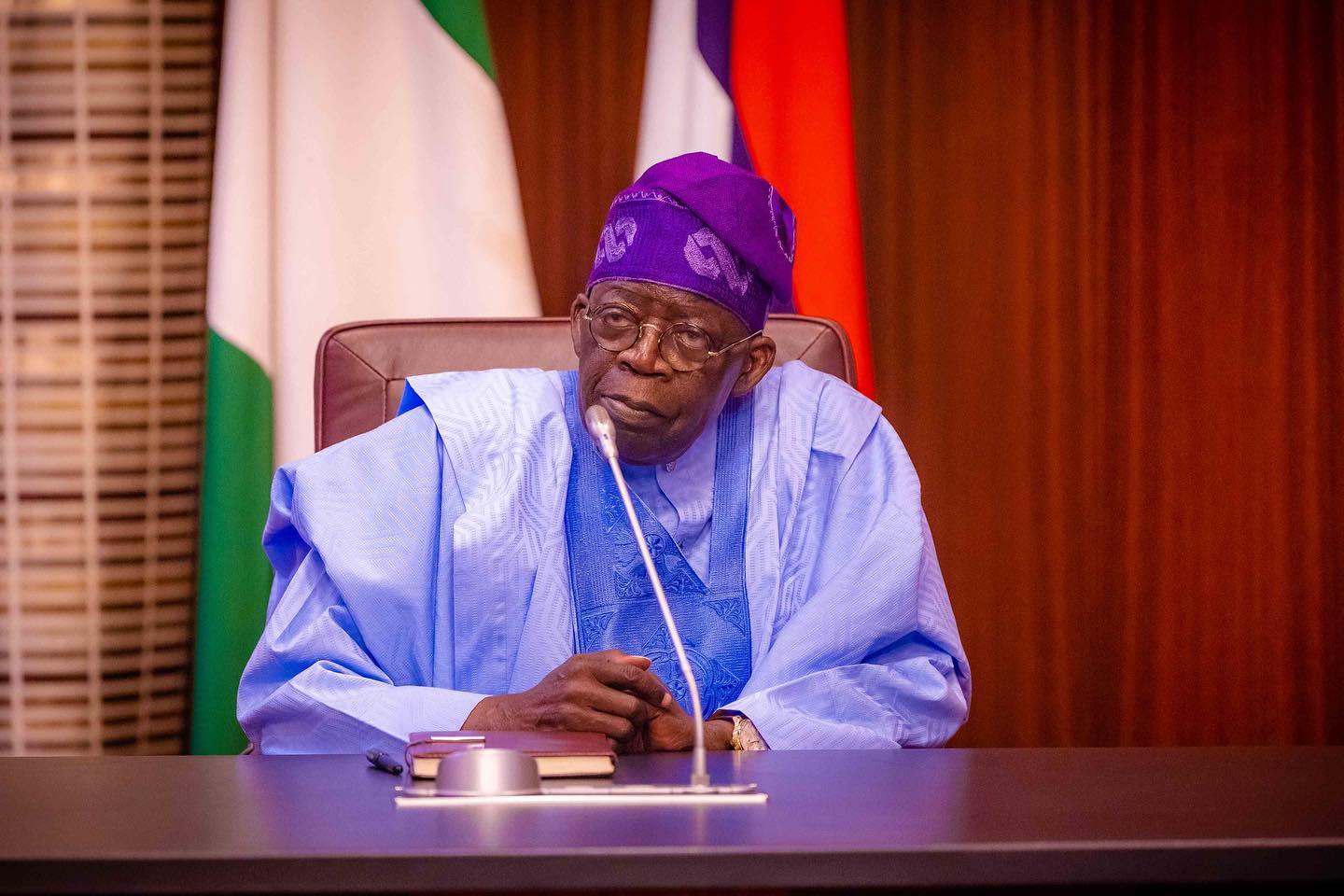The World Council of Churches, WCC, has called on the federal government to intensify efforts in addressing economic injustice and protecting persecuted religious groups.
WCC Executive Committee meeting, which made the call yesterday in Abuja, emphasized the economic inequality in Nigeria and the growing daily challenges faced by many Nigerians, as wealth continued to accumulate in the hands of the elite.
Bishop Dr. Heinrich Bedford-Strohn, the Council’s Moderator of the Central Committee, stated: “A significant proportion of Nigeria’s population is undernourished, representing a major hunger crisis for the nation. WCC urges the government of Nigeria to do more to address economic injustice.”
The WCC also addressed Nigeria’s regional context, highlighting the crises in neighbouring countries that impact the region as a whole.
“Displacement and instability in the region is being exacerbated by environmental degradation and desertification due to climate change,” Bedford-Strohm said.
On the spate of religious persecution in Nigeria and other countries, he cited testimonies from churches regarding the insecurity, violence, displacement, and persecution faced by Christians in northern Nigeria and other parts of the country.
The World Council of Churches called on the federal government to bring security and stability to the affected communities.
Similarly, Rev. Jerry Pillay, WCC General Secretary, emphasized the role of faith communities in advocating justice, protection, and peace.
He said: “Churches pray for persecuted Christians and advocate for government action to protect them.
”Additionally, we have provided training to young individuals from diverse backgrounds to become peacemakers.”
CAN backs WCC’s call for religious protection in Nigeria
Meanwhile, Christian Association of Nigeria, CAN, also yesterday endorsed the World Council of Churches’ appeal to the federal government to intensify efforts in addressing economic injustice and safeguarding persecuted religious groups.
Pastor Simon Dolly, CAN’s Secretary for the North-Central Zone, emphasized the need for the government to take decisive actions to ensure equity, fairness, and justice in appointments and policy implementation.
“We urge the government to ensure equity, fairness, and justice in appointments, as well as the implementation of programmes and policies,” Dolly said, emphasizing the importance of fair representation in government appointments and policy decisions.
He advocated the protection of religious freedom, and urged the government to uphold the rights of all Nigerians to practice their faith freely.
He stressed the importance of guaranteeing religious freedom and the right to worship throughout Nigeria, as outlined in Section 4 (38) of the 1999 Constitution (as amended).
In the international context, the executive committee of the WCC (World Council of Churches) demanded an immediate ceasefire in the Palestine-Israel conflict and the opening of humanitarian corridors.
It called for the unconditional release and safe return of all hostages, while emphasizing the importance of respecting the principles of international humanitarian law.
“We yearn for peace and for justice, for an end to the seemingly endless cycle of violence and suffering,” Pillay said.
Addressing the upcoming 28th Conference of the Parties of the United Nations Framework Convention on Climate Change (COP28), Rev. Merlyn Hyde-Riley, WCC Vice Moderator, called for care for creation and climate justice.
“At this time of climate emergency, it is essential that COP28 courageously addresses the fossil fuel industry and their responsibility towards people and planet,” she said.
The World Christian Council emphasized the importance of providing sufficient funding to vulnerable and low-income countries experiencing the consequences of climate change.
The WCC’s calls for economic justice in Nigeria, immediate ceasefire in Israel-Palestine, and climate justice set a critical agenda for global and national action on these issues.
Vanguard


